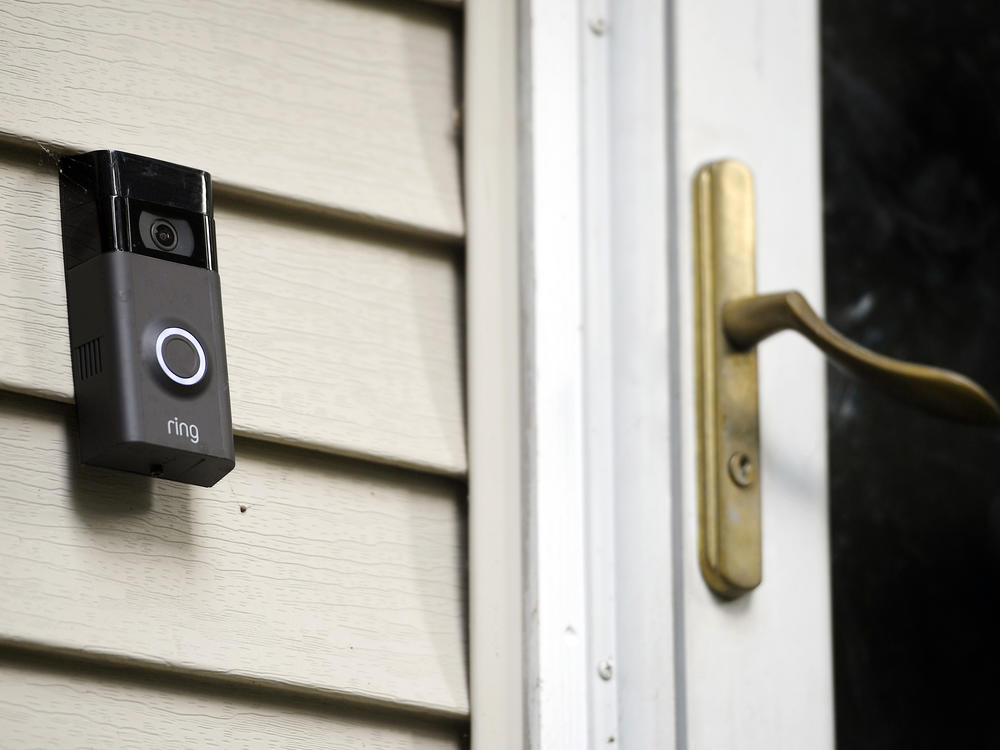Section Branding
Header Content
Ring will no longer allow police to request users' doorbell camera footage
Primary Content
NEW YORK — Amazon-owned Ring will stop allowing police departments to request doorbell camera footage from users, marking an end to a feature that has drawn criticism from privacy advocates.
In a blog post on Wednesday, Ring said it will sunset the "Request for Assistance" tool, which allows police departments and other public safety agencies to request and receive video captured by the doorbell cameras through Ring's Neighbors app.
The company did not provide a reason for the change, which will be effective starting this week.
Eric Kuhn, the head of Neighbors, said in the announcement that law enforcement agencies will still be able to make public posts in the Neighbors app. Police and other agencies can also still use the app to "share helpful safety tips, updates, and community events," Kuhn said.
The update is the latest restriction Ring has made to police activity on the Neighbors app following concerns raised by privacy watchdogs about the company's relationship with police departments across the country.
Critics have stressed the proliferation of these relationships – and users' ability to report what they see as suspicious behavior - can change neighborhoods into a place of constant surveillance and lead to more instances of racial profiling.
In a bid to increase transparency, Ring changed its policy in 2021 to make police requests publicly visible through its Neighbors app. Previously, law enforcement agencies were able to send Ring owners who lived near an area of an active investigation private emails requesting video footage.
"Now, Ring hopefully will altogether be out of the business of platforming casual and warrantless police requests for footage to its users," Matthew Guariglia, a senior policy analyst at the digital rights group Electronic Frontier Foundation, said in a statement on Wednesday.
Law enforcement agencies can still access videos using a search warrant. Ring also maintains the right to share footage without user consent in limited circumstances.
In mid-2022, Ring disclosed it handed over 11 videos to police without notifying users that year due to "exigent or emergency" circumstances, one of the categories that allow it to share videos without permission from owners. However, Guariglia, of the Electronic Frontier Foundation, said the group remains skeptical about the ability of police and the company to determine what is or is not an emergency.
Last summer, Ring agreed to pay $5.8 million to settle with the Federal Trade Commission over allegations that the company let employees and contractors access user videos. Furthermore, the agency said Ring had inadequate security practices, which allowed hackers to control consumer accounts and cameras. The company disagrees with those claims.
Copyright 2024 NPR. To see more, visit https://www.npr.org.

